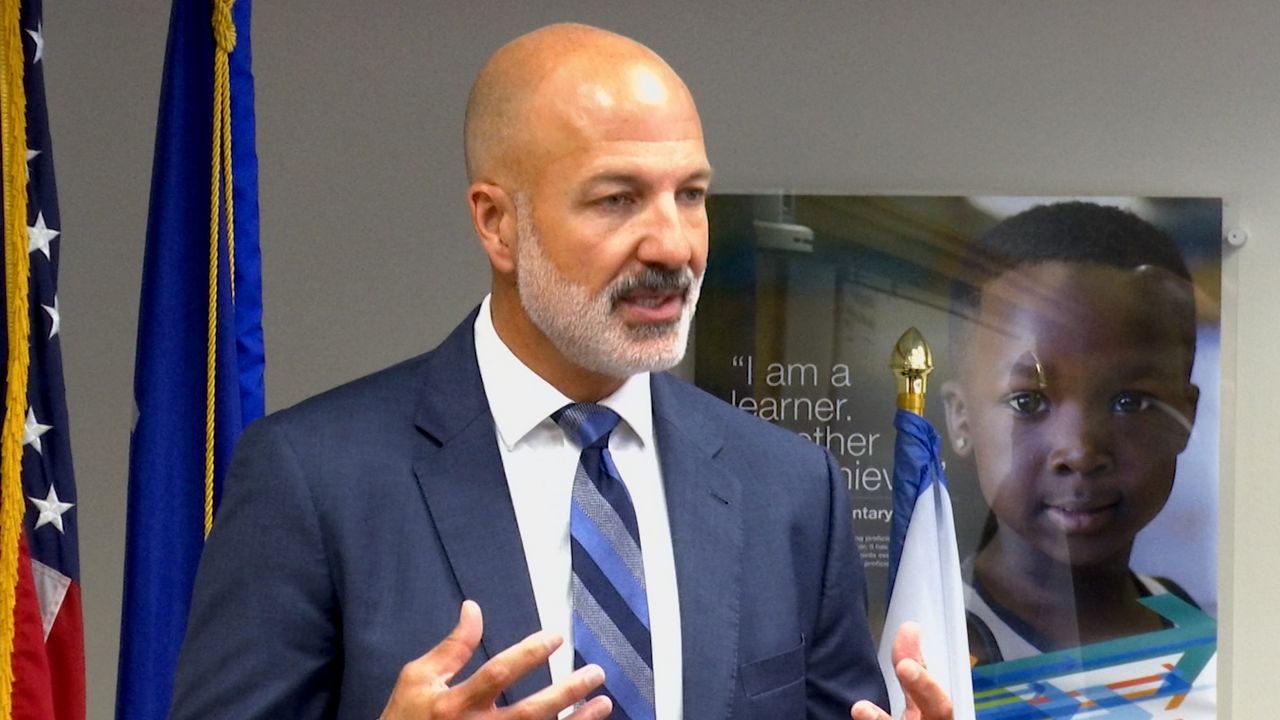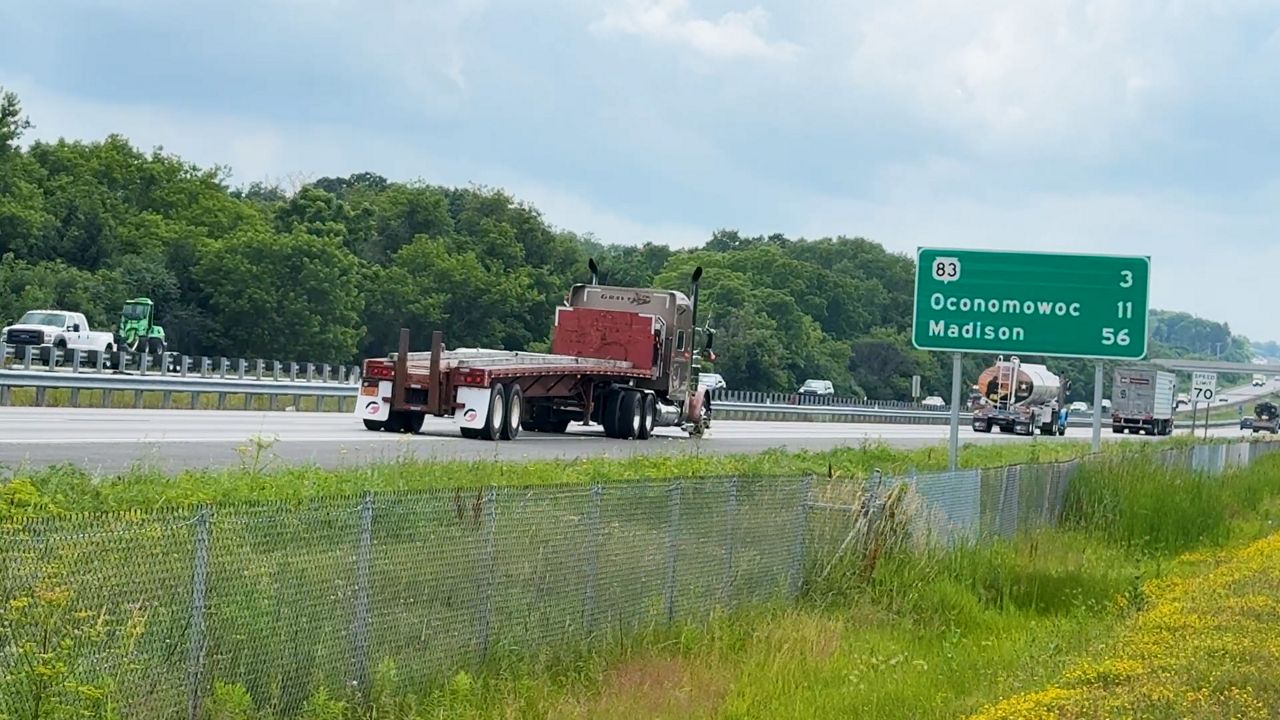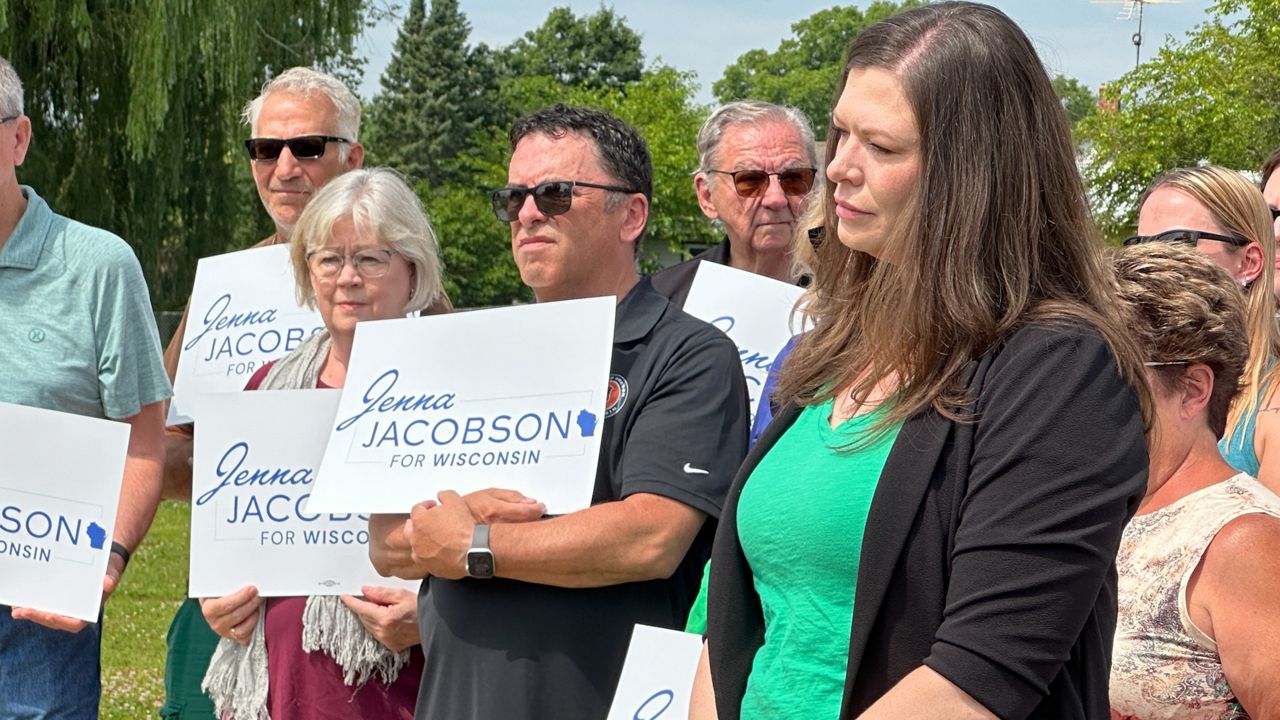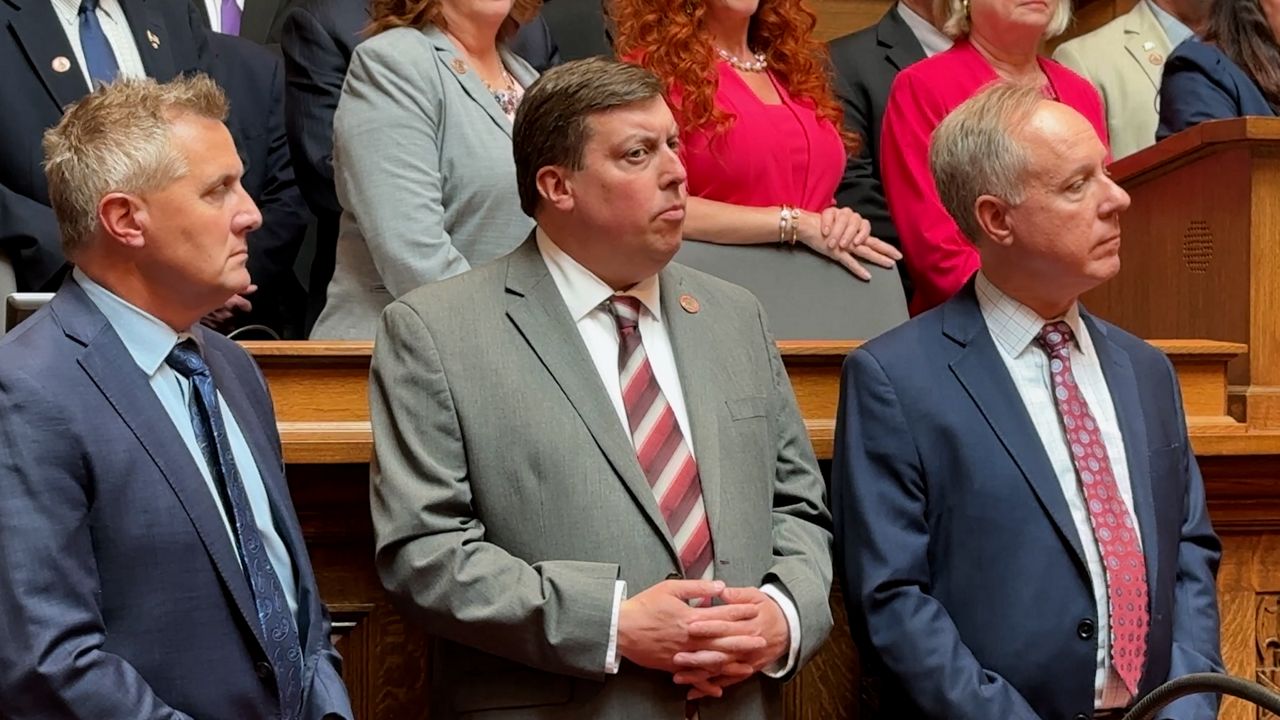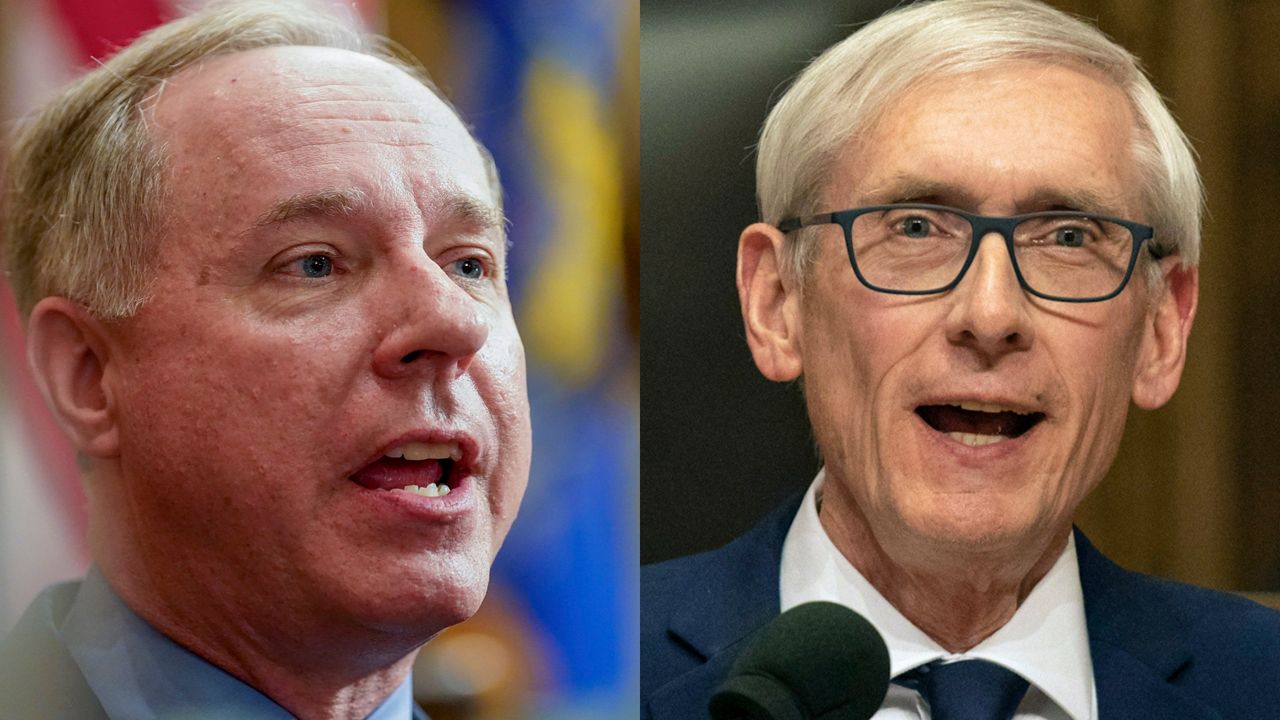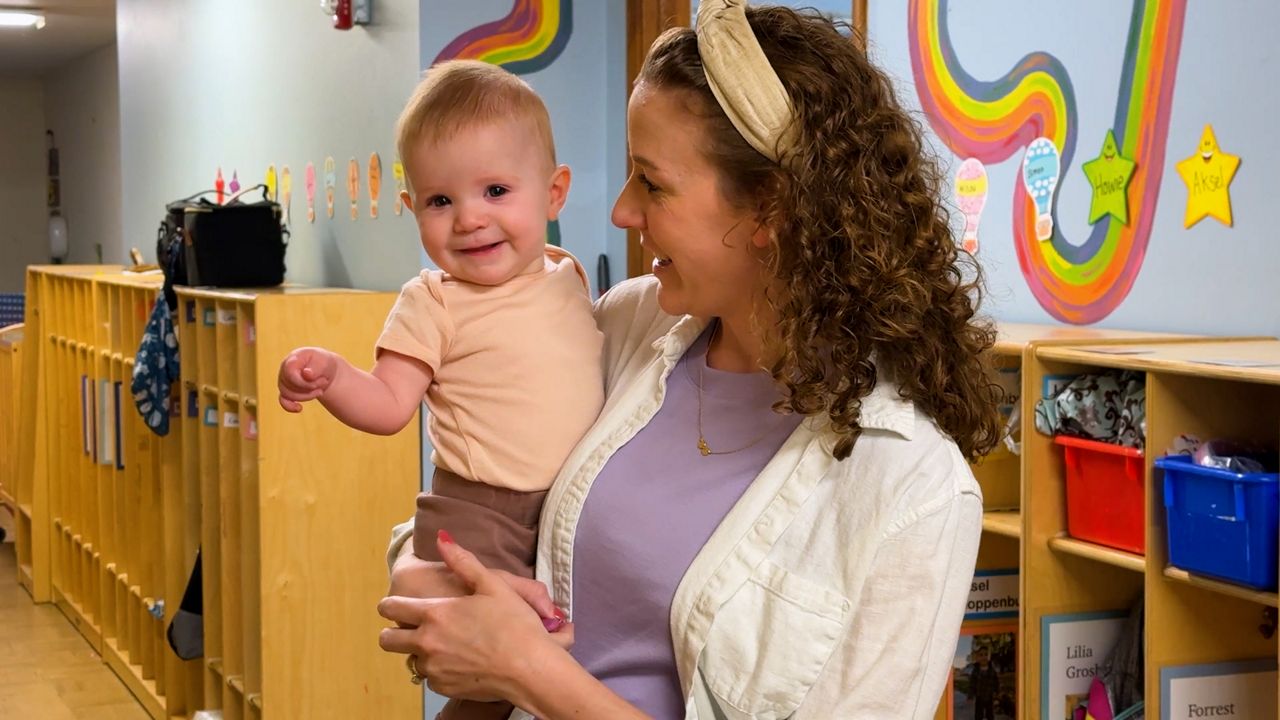MADISON, Wis. — Just hours after details of a budget deal between Republican leaders and Democratic Gov. Tony Evers were made public, the Legislature’s Joint Finance Committee (JFC) took its final votes Tuesday and ultimately passed the $111.1 billion spending package 12-4.
Some of the biggest parts include tax cuts, most of which will go to people making under $200,000. Pandemic-era child care funding will go away, but the budget still includes $330 million to help support the industry. The deal includes a nearly $1.4 billion increase in spendable revenue for K-12 schools as well.
The $2.5 billion capital budget is another piece to the puzzle. As part of that, members of the budget-writing committee also approved a plan to eventually close the Green Bay prison by 2029.
“This budget has involved an awful lot of compromise, both between the houses as well as with the governor’s office,” State Sen. Howard Marklein, R-Spring Green, who co-chairs the committee, told reporters before Tuesday’s votes.
While prison reform wasn’t part of the latest dealings with the governor, Republicans said they included many of the changes that Gov. Evers had proposed for the state’s system.
“There are assurances on things that were negotiated with the governor and the rest of it, he will exercise his veto how he chooses,” State Rep. Mark Born, R-Beaver Dam, explained of the deal. “I think Senator Marklein’s point earlier about [Evers] has signed all of our budgets so far. He usually makes some tweaks, that’s within his power, and so we expect this to be the same.”
The parties may have found consensus, but scoring political points wasn’t off the table Tuesday.
“Milwaukee County gets pimped more than any other county in this state, and you can quote me on that because it’s true,” State Sen. LaTonya Johnson, D-Milwaukee, said during the executive session. “Now, that’s not responsible budgeting.”
Democrats made their own final motions, again pushing for child care investments, which failed to pass.
“The cost of child care for many people is more than the cost of college,” State Sen. Kelda Roys, D-Madison, told her fellow committee members.
With the Universities of Wisconsin now poised to see a $256 million increase over the next two years, Democrats also doubled down on their call to support colleges.
“It always shocks me to hear how legislative Republicans talk about the UW System as if it’s some elitest system. These are public schools,” State Rep. Tip McGuire, D-Kenosha, said.
The budget now needs approval from the full Assembly and Senate before going to the governor’s desk. Votes are expected to be taken as soon as Wednesday.
While the budget bill shouldn’t face issues in the Assembly, the margins are far tighter in the Senate, where Republicans hold an 18-15 majority, with at least two members of the caucus having previously voiced opposition to the spending.
“I’m confident that Senator LeMahieu will have the necessary votes to get this through the Senate,” Sen. Marklein told reporters Tuesday.
17 votes will be needed in the Senate, where it seems Democrats plan to vote in solidarity as a bloc, so passage could come down to the governor’s party if Republicans still lack the numbers.





